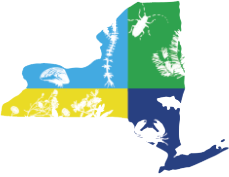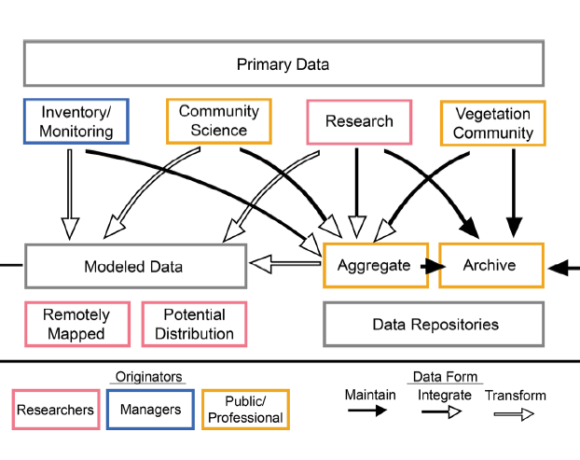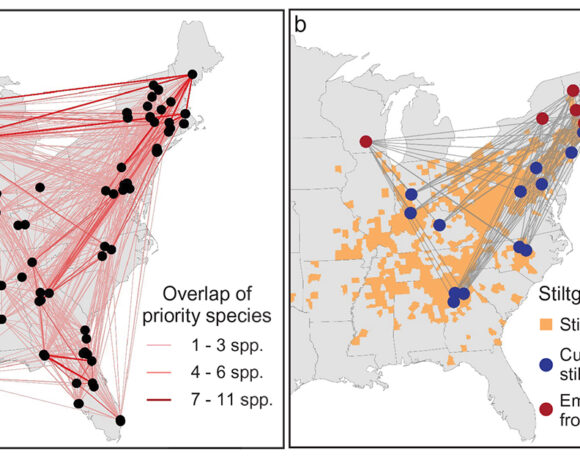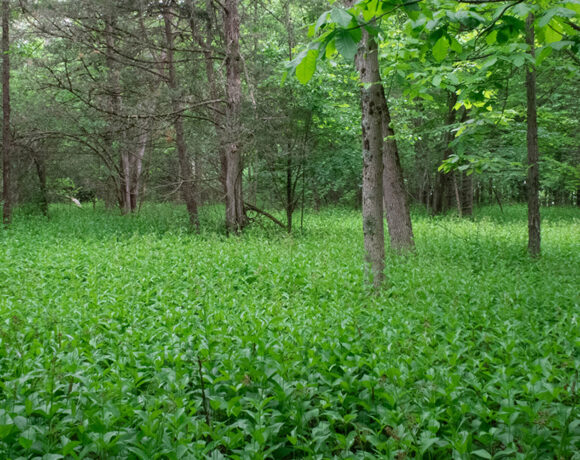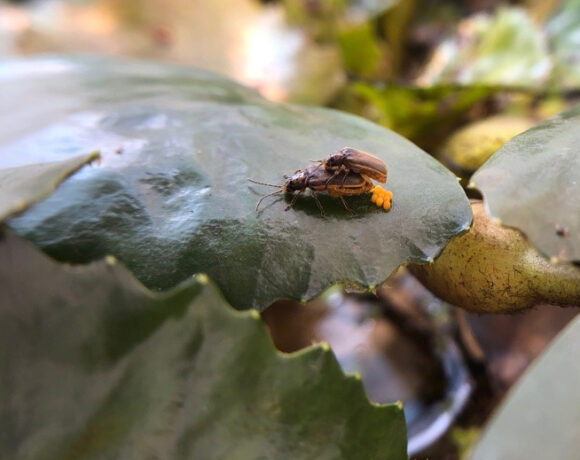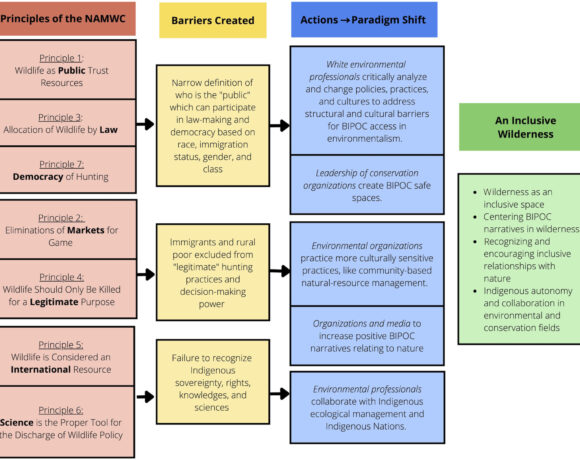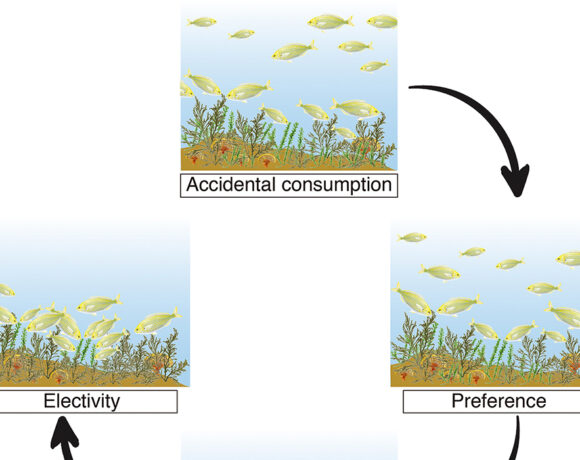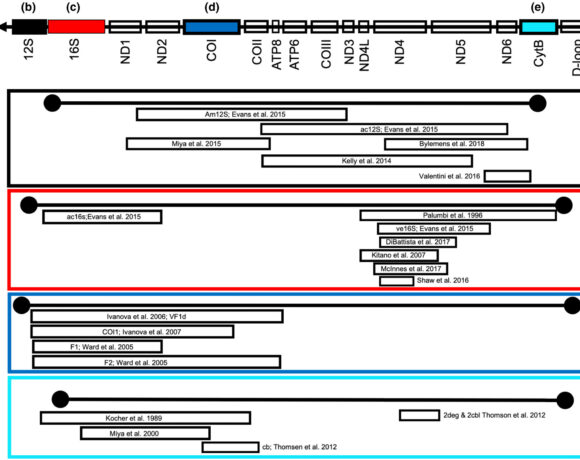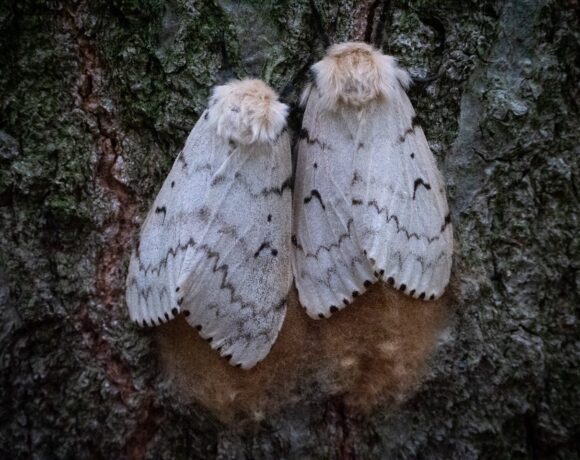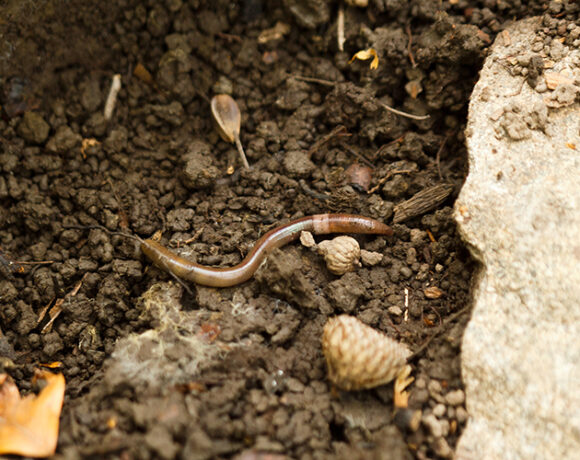Building more equitable and inclusive practice
Morales, N., Lee, J., Newberry, M. and Bailey, K., 2023. Redefining American conservation for equitable and inclusive social‐environmental management. Ecological Applications, 33(1), p.e2749. https://doi.org/10.1002/eap.2749
Summary written by Justin Dalaba, edited by Audrey Bowe
In recognition of Black History Month, we’re sharing a recent article that reflects on how we can reframe our thinking and our work to support equitable, inclusive, and just conservation science and practice.
Summary
As academics and environmental professionals, we have a responsibility to continue adapting and reframing our thinking to promote diversity, equity, inclusion, accessibility, belonging, and justice in American conservation. This recent article by Morales et al. explores the historical underpinnings and shortcomings of traditional conservation models that have led to underrepresentation of minoritized groups in environmental practice. They review the seven historical principles of the North American Model for Wildlife Conservation (NAMWC) and factors therein that may contribute to underrepresentation. They identify the need for improved representation by Black, Indigenous, and People of Color (BIPOC) as critical to advancing conservation policies that serve all communities and meet the ever-changing demands of species and habitat conservation. Recommended actions toward this paradigm shift are outlined below.
Key recommendations:
Wilderness as an inclusive space
- Environmental professionals should critically analyze and change policies and practices to address structural and cultural barriers for BIPOC access in environmentalism
Centering BIPOC narratives
- Practitioners and conservation organizations should establish BIPOC safe spaces to share their issues and views in relation to experiences with nature
- Sharing BIPOC narratives and stories of success can support long-term environmental engagement and culturally responsive research
Inclusive relationships with nature
- Environmental organizations should engage in more culturally sensitive practices, like community-based natural resource management
- Facilitating knowledge transfer through storytelling and inclusive narratives can effectively recruit and retain BIPOC participation in environmental conservation
- Instilling sense of belonging among BIPOC students and youth can have a major impact on motivating engagement with wildlife ecology from an early age
Other ways of knowing (re-conceptualizing Western knowledge)
- Environmental professionals should collaborate with indigenous ecological management and Indigenous Nations
- Ecologists should be conscious of differences of perspectives in data “ownership” and data sharing between Indigenous nations and Western scientists, and develop research protocol agreements, where appropriate

